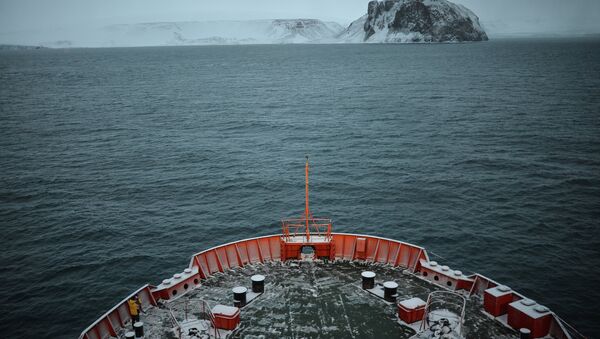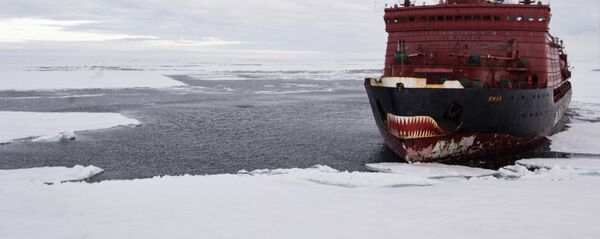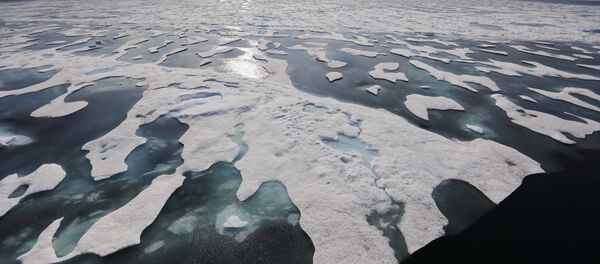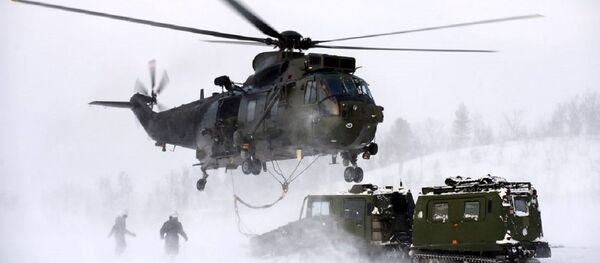Radio Sputnik has talked about the UK's plan to increase its military presence in the Arctic with Robert Huebert, a senior researcher at the Centre for Military, Security and Strategic Studies at the University of Calgary, Canada.
Sputnik: How important is the Arctic for the United Kingdom? Obviously, from Mr Williamson's statement, it seems as though it is very, very important.
READ MORE: Russia Wants to Understand What Mandate NATO Seeking in Arctic
So this is something new in the terms of the Post-Cold War era but in the long-term, it is nothing that the British haven't done before.
Sputnik: What is your take on the timing of Gavin Williamson's announcement then with regard to his country's efforts to increase military presence in the Arctic, notwithstanding the historical connotations? I mean, to a lot of experts there is obviously some geopolitical strategy with regard to this and obviously, the war of words with Russia continues from the United Kingdom.
And we see increases in terms of some of the responses on the NATO part and then we see the opening up of the old Cold War bases. Of course, you can't exclude the ongoing tensions that occurred after the Ukrainian crisis. And so we have seen the British saying that they were going to be doing something […] but last three years, to a certain degree, this is the continuation of what the Brits started doing roughly about 2011-2012 in terms of giving more commitment to the Norwegians directly.
Sputnik: How does the UK benefit from this deployment? Is it just this is a continuous strategy with the United States hand-in-hand continuing with the industrial military complex? The only people I see who would benefit are the people who are working in the military and also the people who are working in the arms industry. I don't think anybody else benefits from it, what do you think?
READ MORE: UK Sends Fleet of Apaches to Arctic as Message to 'Whole Range of Adversaries'
This is very much an effort to try to demonstrate that in fact there is a continuous commitment if not by the Americans then by the British on this particular field. And so once again, you are going to be seeing those types of considerations being brought forward by the decision-makers from London, Moscow, Bergen, Oslo and onward. And that's the one that is always is the most difficult to understand, looking from the outside in.
The views expressed in this article are solely those of Robert Huebert and do not necessarily reflect the official position of Sputnik.




